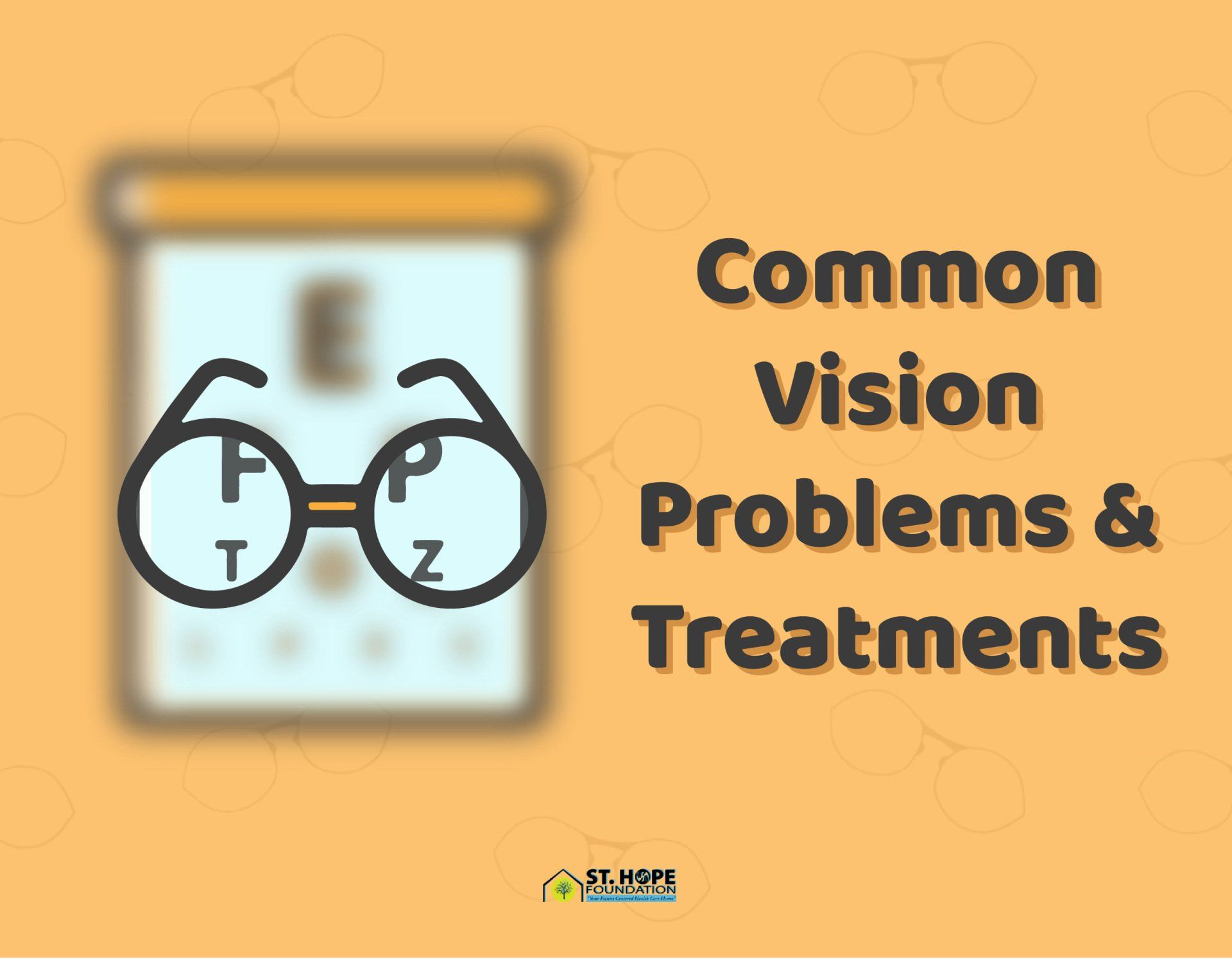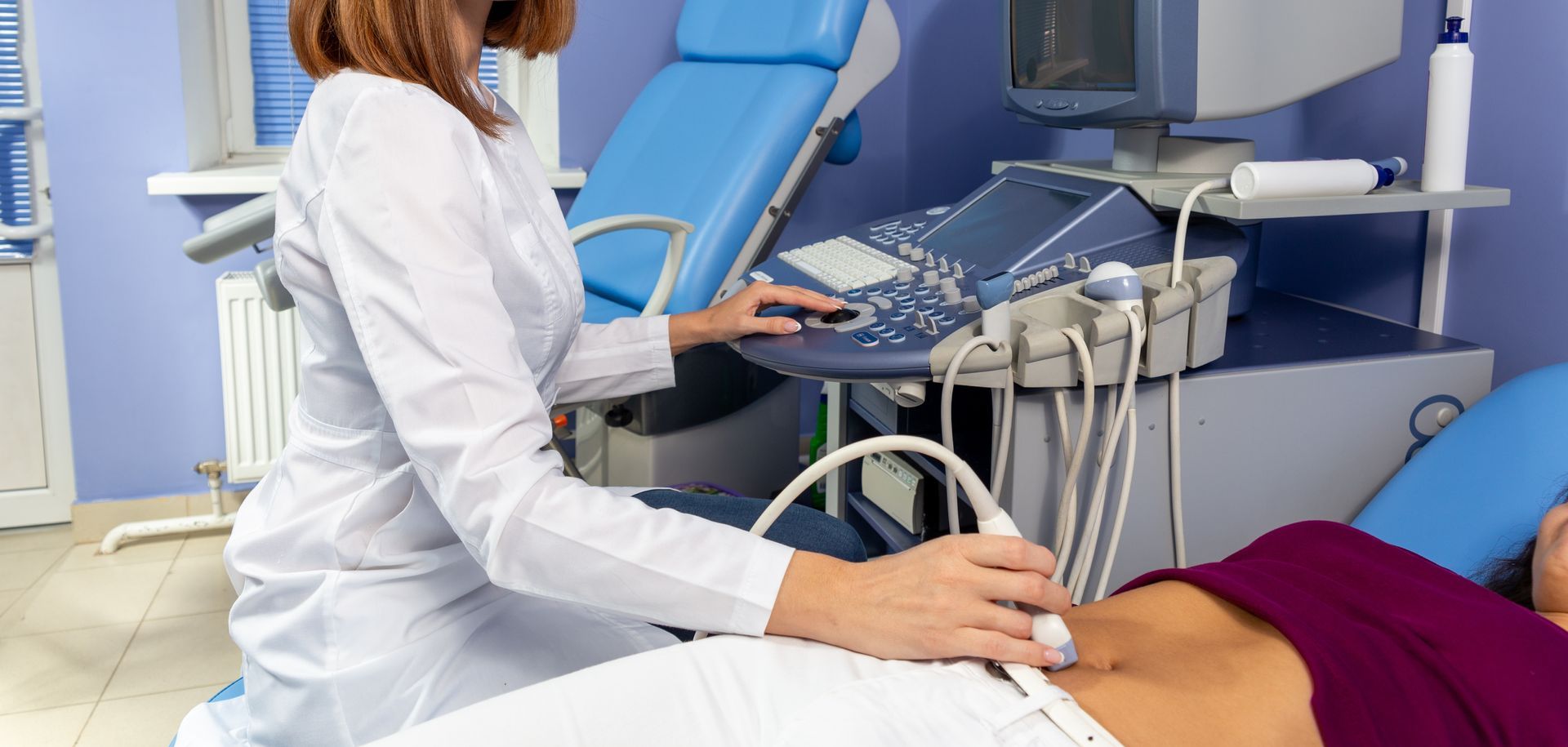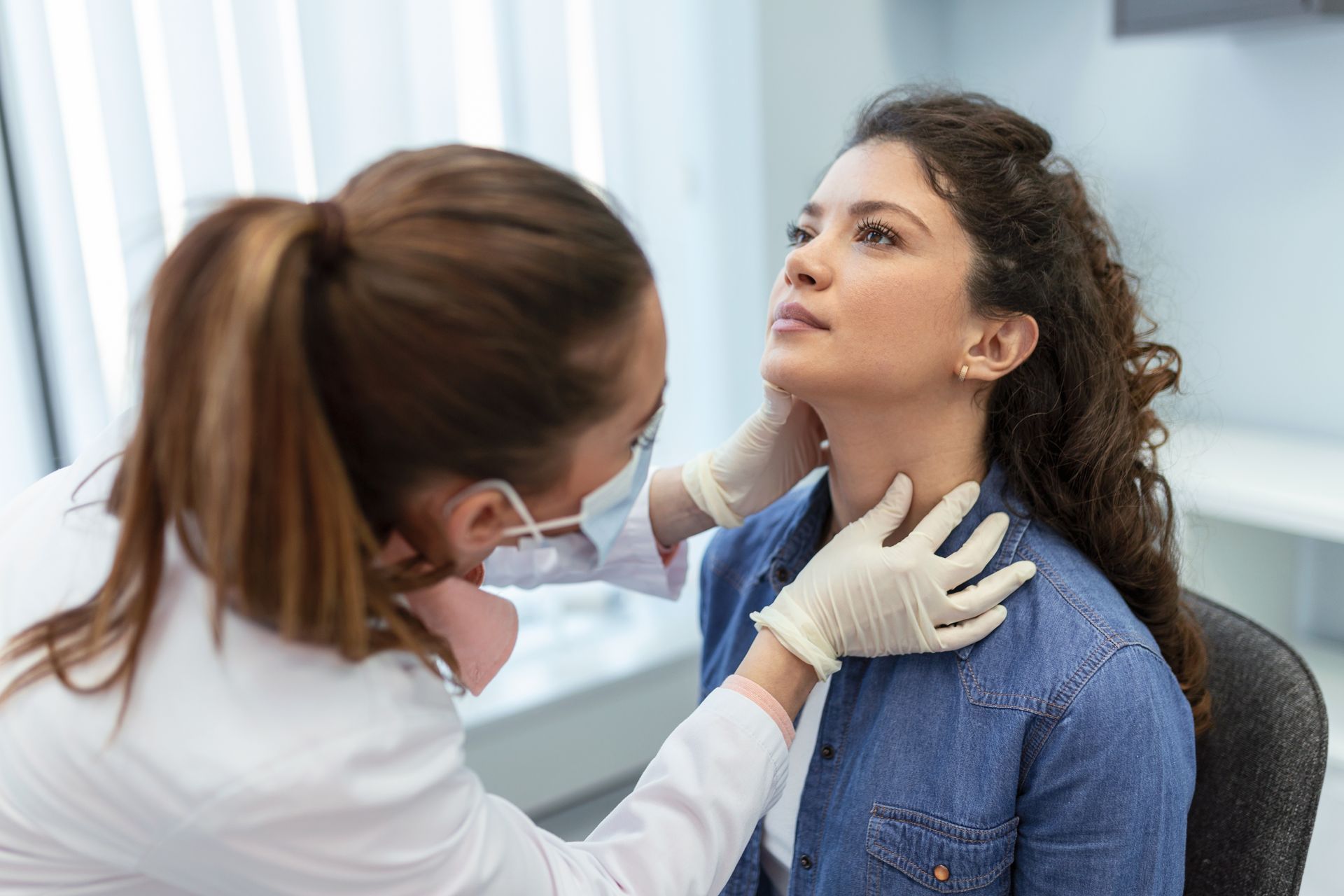Recent Posts
Common Vision Problems and Treatments

Very few people have truly perfect vision, but some struggle with vision issues more than others. You may even experience vision problems that affect your quality of life or ability to safely perform tasks like driving. Knowing about common vision complications and their symptoms may help you understand whether you should seek specialized vision care and the types of treatments you may be prescribed.
What Are Cataracts?
Cataracts are cloudy areas in the lens of one or both eyes. Cataracts make one’s vision blurry and may eventually lead to blindness. Cataracts typically form slowly as the eyes are damaged, often by age, trauma or exposure to bright lights.
What Are the Symptoms of Cataracts?
The most obvious symptom of cataracts is blurry vision, but unlike the blurriness many people experience when they first wake up, cataract blurriness won’t fade away as your eyes adjust to wakefulness. Cataract warning signs include:
- Difficulty seeing in the dark
- Sensitivity to bright lights
- Difficulty reading
- Colors appearing less vibrant
- Frequent changes in glasses prescription
How Are Cataracts Treated?
Cataracts are typically removed during an outpatient surgery. During the surgery, the doctor makes a small incision into the cornea and removes the cataract. Patients are awake during cataract surgery, but it usually does not hurt because local anesthesia is used. Cataract surgery is often one of the more reliably effective eye surgery procedures, with many patients enjoying pre-cataract-quality vision restoration once the cloudy part of the lens is removed and replaced with an artificial lens.
What Is Diabetic Retinopathy?
Excess sugar in their blood could damage the vessels that supply blood to the retinas. The disruption in the blood supply can result in eye damage.
What Are the Symptoms of Diabetic Retinopathy?
The risk of diabetic retinopathy increases the longer a patient has diabetes—especially if they struggle to maintain a healthy diet or their blood sugar is particularly difficult to control, even with insulin or other diabetes medications.
Patients in the early stages of diabetic retinopathy may experience no obvious symptoms. Yearly eye exams may allow doctors to diagnose the condition early while it is easier to manage.
If you have diabetes, you should schedule a vision exam if you experience any of the following symptoms:
- Dark spots in your field of vision
- Frequent changes in the quality of your vision
- Sudden blindness
How Is Diabetic Retinopathy Treated?
Laser treatments may be used to treat the blood vessels in the retinas. If diabetic retinopathy is in a more advanced stage, the patient may require eye surgery to remove blood or scar tissue.
What Is Macular Degeneration?
Macular degeneration is linked with age. People 50 or older are at an increased risk of developing the disease. Since macular degeneration affects the macula, which is in the center of the retina, one’s central vision is often impacted. Macular degeneration typically does not cause complete blindness, but the disruption of your vision may make many daily tasks more difficult.
What Are the Symptoms of Macular Degeneration?
- Hazy or blurred vision
- Trouble identifying family and friends
- Blind spots
- Decreased central vision
How Is Macular Degeneration Treated?
Macular degeneration treatments are preventative in nature rather than restorative. The damage cannot be reversed. Patients who have been diagnosed with macular degeneration may benefit from anti-VEGF injections, which may be prescribed to halt abnormal blood vessel growth.
If you have experienced vision loss due to macular degeneration, you may want to speak with an ophthalmologist about assistive devices like screen readers and vision rehab services.
What Is Glaucoma?
Glaucoma is a term used to denote several potential eye diseases that cause optic nerve damage. This damage interferes with the eye’s ability to relay vision input to the brain. The disease can worsen over time. Glaucoma is often associated with heightened pressure in the eye, but people can develop Glaucoma regardless of their eye pressure.
What Are the Symptoms of Glaucoma?
A lot of patients don’t notice symptoms of Glaucoma until the disease causes significant damage to the optic nerve. Symptoms of Glaucoma may include:
- Vision loss
- Pain in the eyes
- Nausea or vomiting
- Headache
- Eye redness
How Is Glaucoma Treated?
Optic nerve damage caused by Glaucoma cannot be undone, but some treatments may help patients stop or delay further injury. Prescription eyedrops may help reduce eye pressure. Some patients may also benefit from eye surgery or laser therapy to ease pressure via fluid drainage.
Get Quality Eye Care in Houston
Have you noticed any changes in your vision? If so, it might be time for an eye exam. St. Hope Foundation offers patient-centered vision programs to protect the eye health of patients in the Houston metro area.









